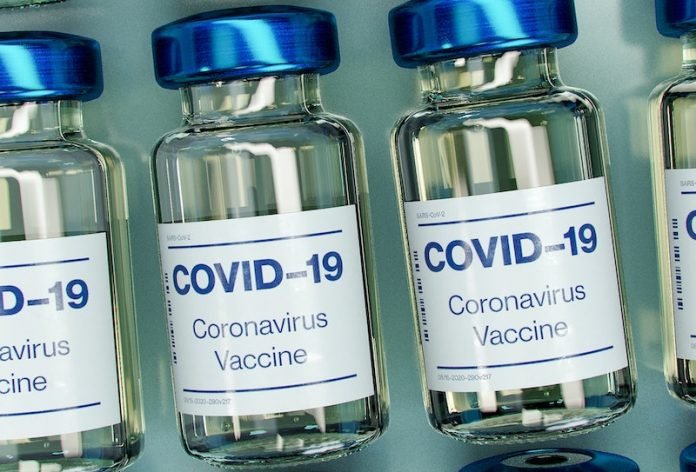
In a new study, researchers found that despite scattered media reports of severe allergic reactions to the Pfizer COVID-19 vaccine, such incidents are very rare, striking just 11 people for every million doses given.
They also found that episodes of severe allergic reaction—called anaphylaxis—typically occurred within minutes of receiving the shot and were also quickly resolved using a shot of epinephrine (such as the EpiPen).
None of the episodes proved fatal.
The research was conducted by a team at the U.S. Centers for Disease Control and Prevention.
In the study, the team tracked data on reactions to the Pfizer vaccine soon after it was approved in December.
During the period from Dec. 14 to Dec. 23, about 1.9 million first doses of the two-dose vaccine were dispensed into the arms of Americans.
According to data from the federal Vaccine Adverse Event Reporting System (VAERS), just 21 reports of anaphylaxis in Pfizer vaccine recipients was reported during that time, working out to 11.1 cases per every 1 million shots given.
Some of these very rare cases did prove serious: Four of the patients had such severe anaphylaxis that they required hospitalization (three of them in intensive care), and 17 needed emergency department care.
However, none of the events proved fatal, and by the time of the VAERS report, 20 of the 21 cases had already recovered and been sent home.
Most of the severe reactions set in quickly—a big reason why COVID-19 vaccine recipients are being asked to wait for a short period of time at the locales where they get their shots.
For the 21 cases outlined in this study, the average time of anaphylaxis onset was just 13 minutes. Rash, hives, swelling and throat constriction were the most common symptoms.
The team also found almost all of the cases—17 out of 21—involved people who had some history of allergies or allergic reactions to things such as drugs, food or bee stings.
Besides the life-threatening forms of an allergic reaction, the VAERS report also found 83 cases (out of 1.9 million doses given) of milder allergic reactions—symptoms such as rash, itchy skin, scratchy throats, and mild respiratory symptoms.
Researchers suggest that while reactions to vaccines are extremely rare, anyone being vaccinated should be asked if they have a history of a severe allergic reaction to injectable medication.
COVID-19 vaccines should not be given to people with a known history of a severe allergic reaction to any component of the vaccine.
One author of the study is Dr. Tom Shimabukuro.
The study is published in JAMA Insights.
Copyright © 2021 Knowridge Science Report. All rights reserved.



